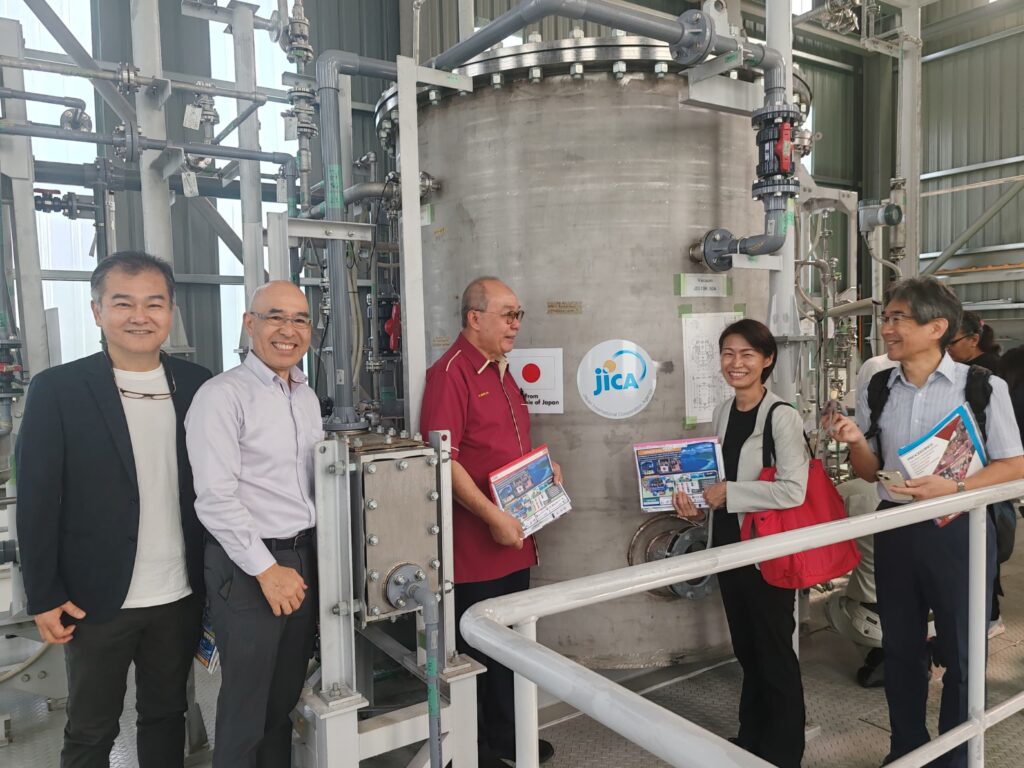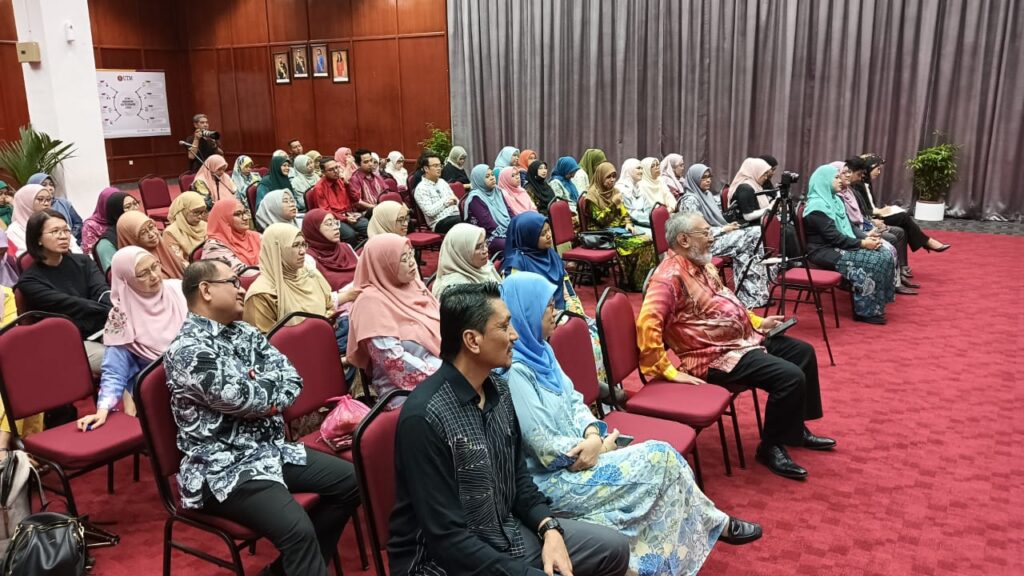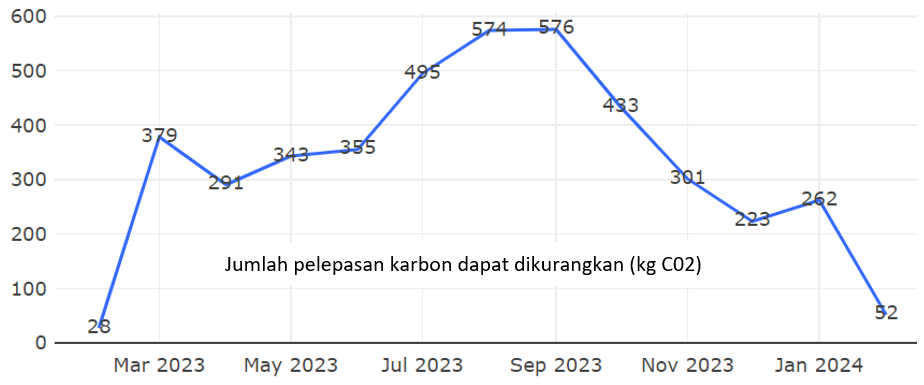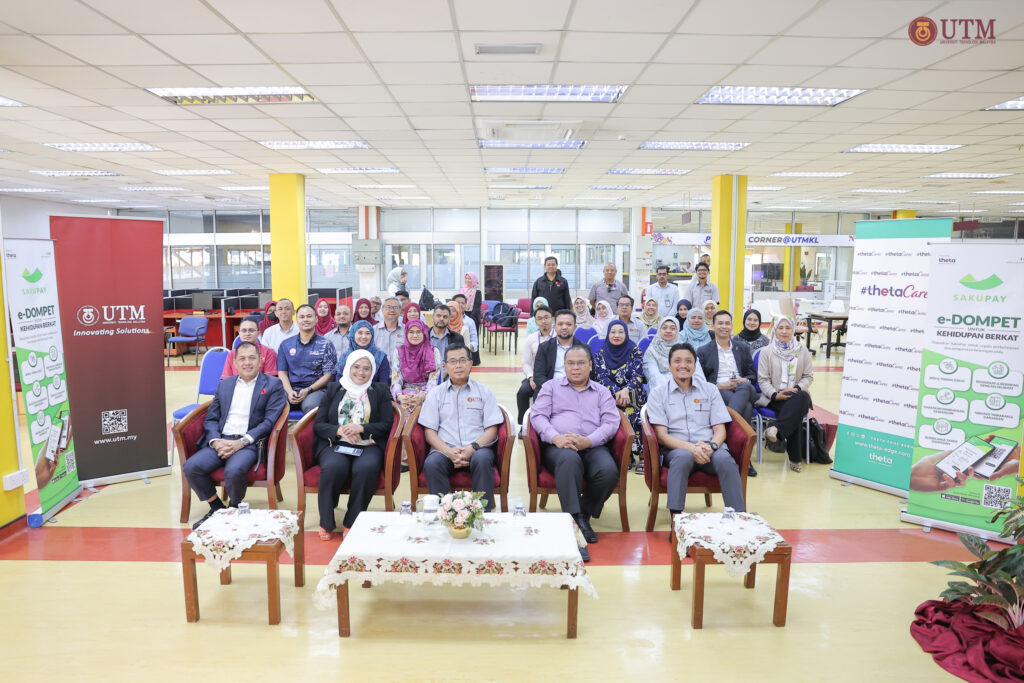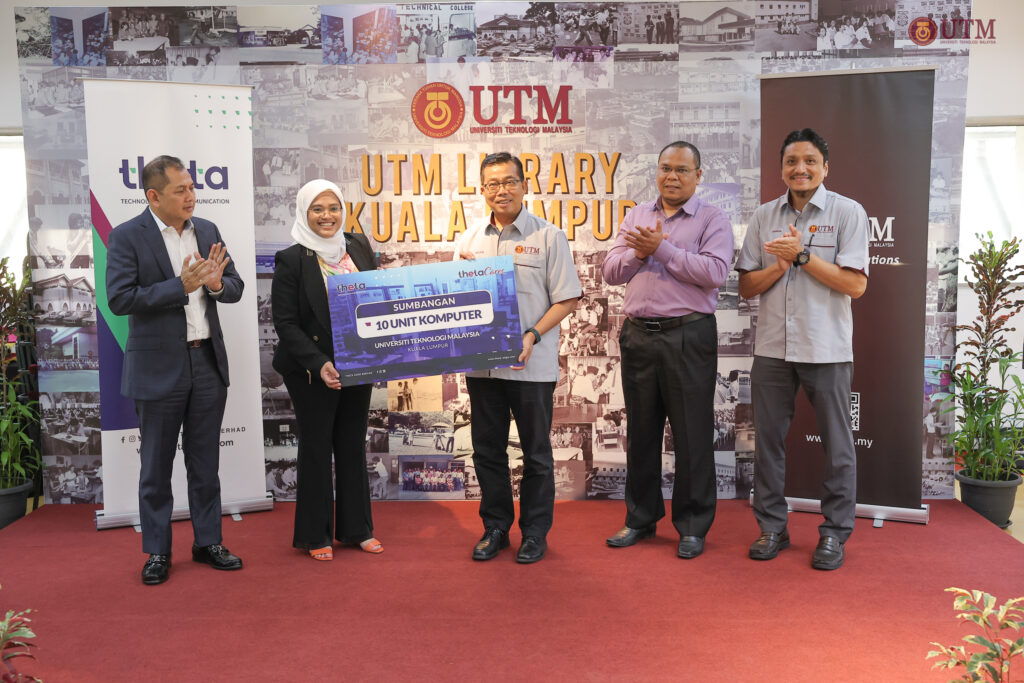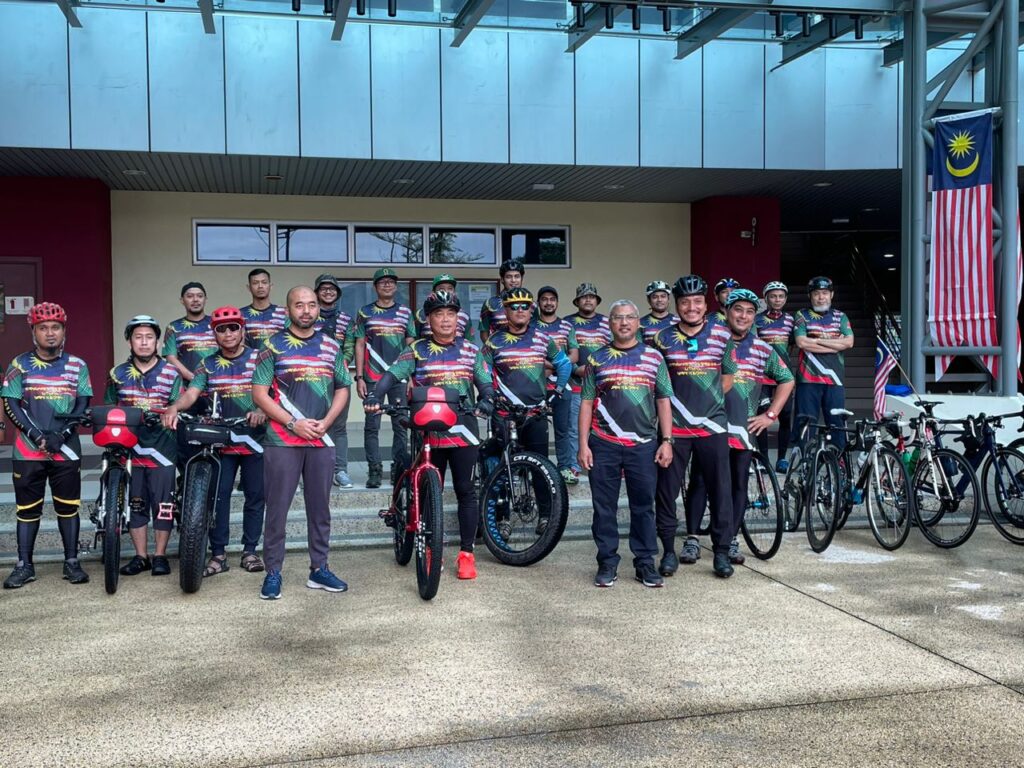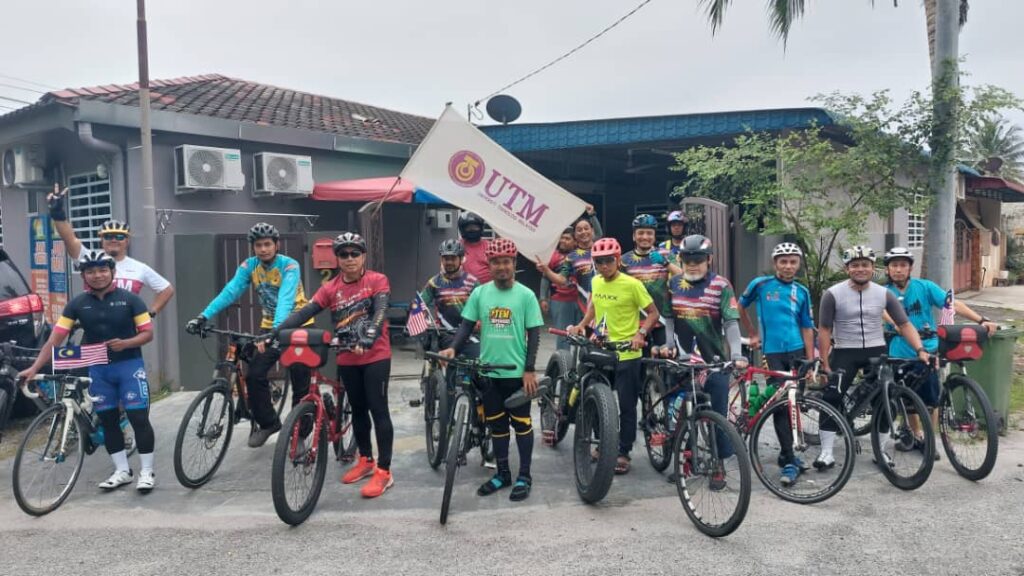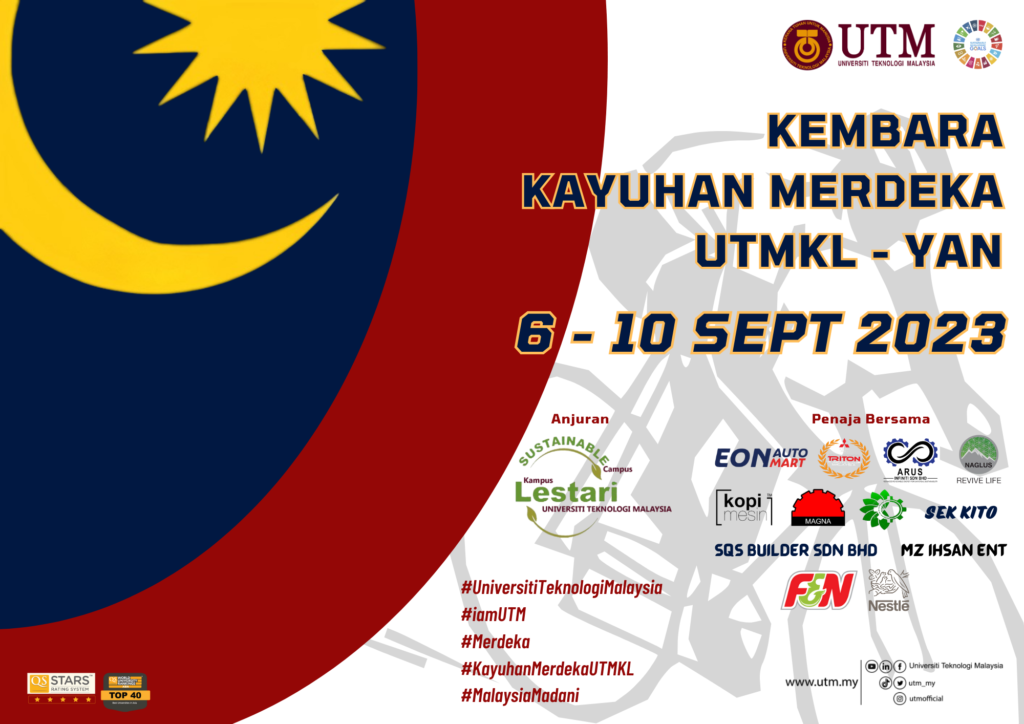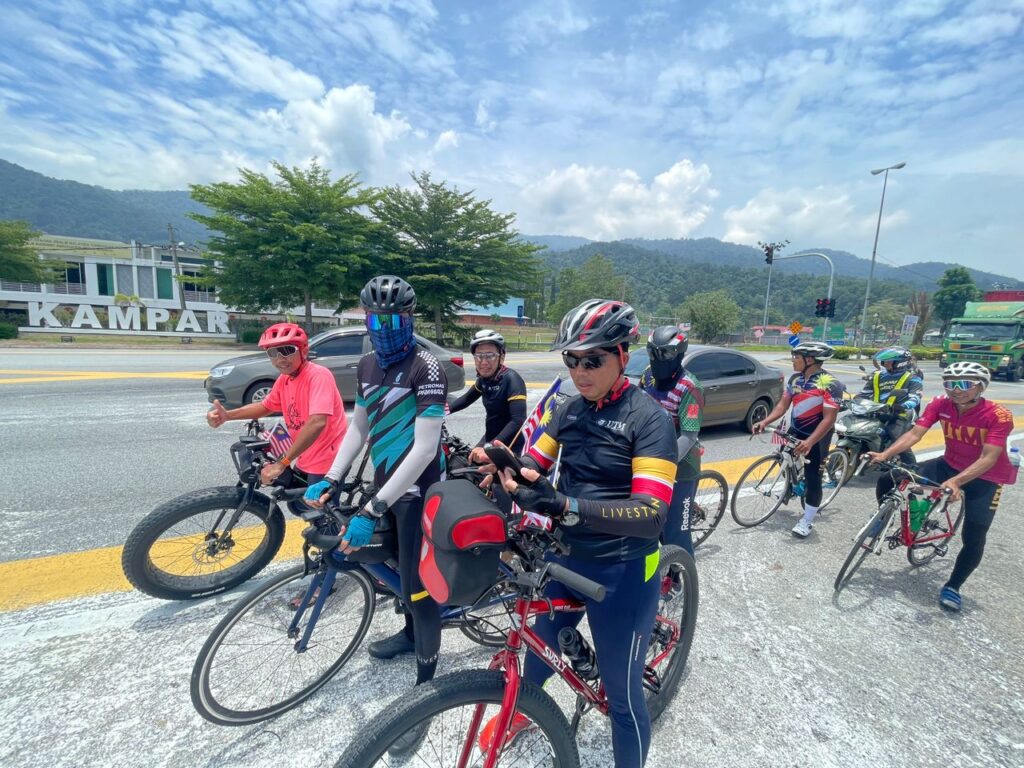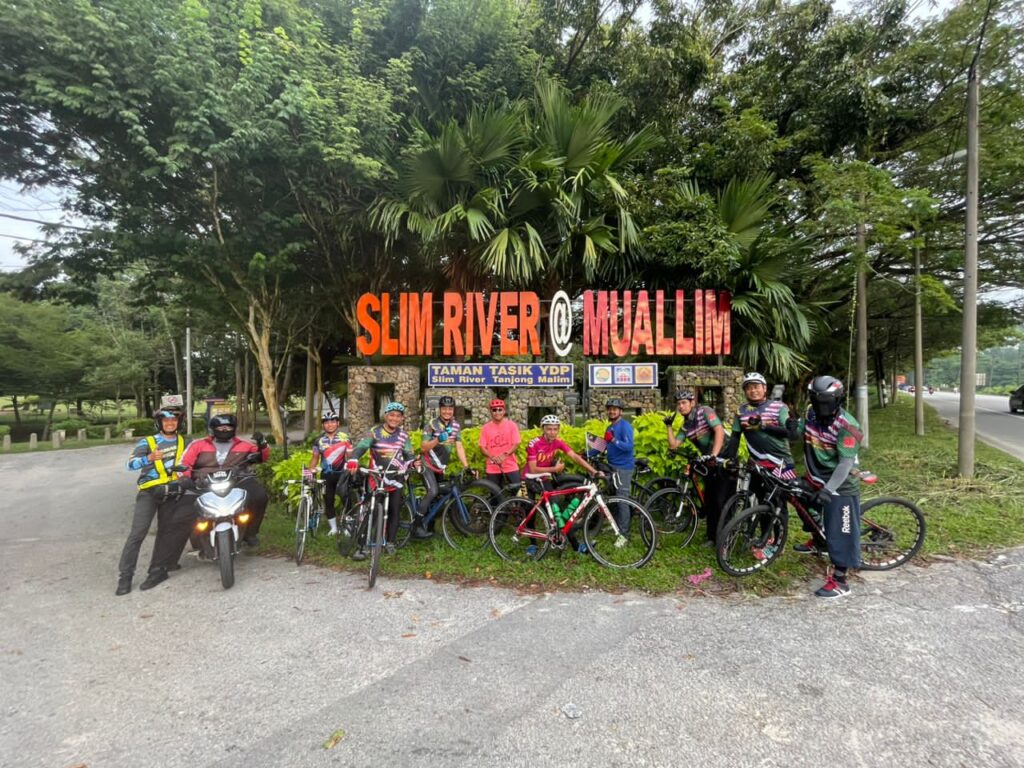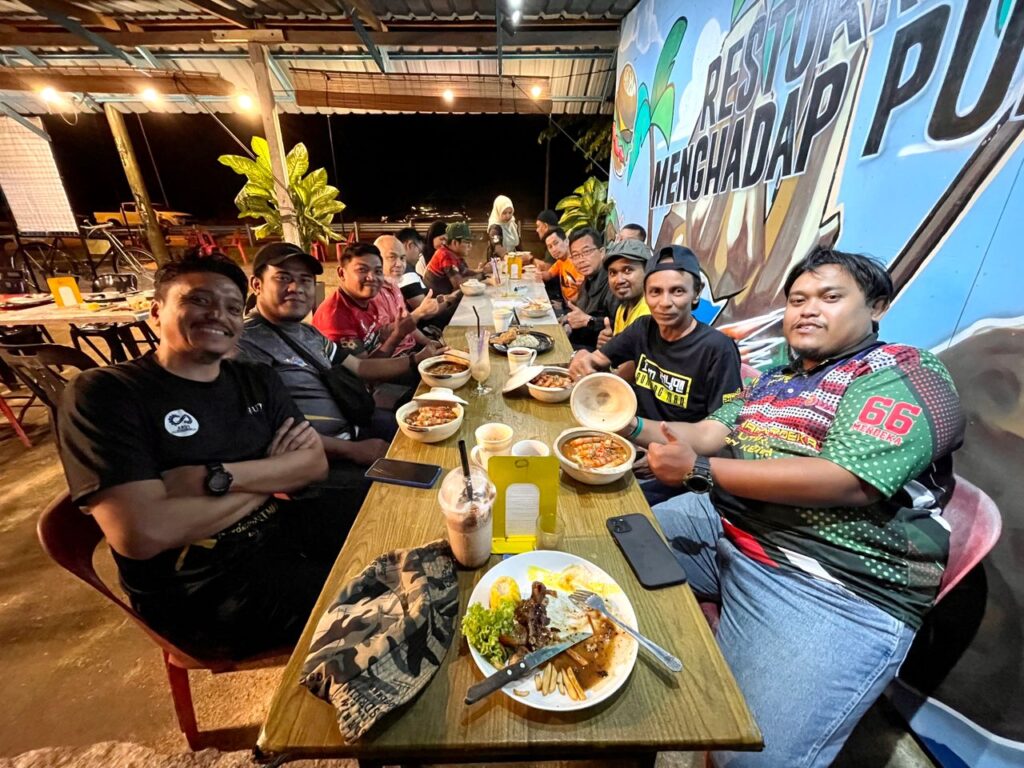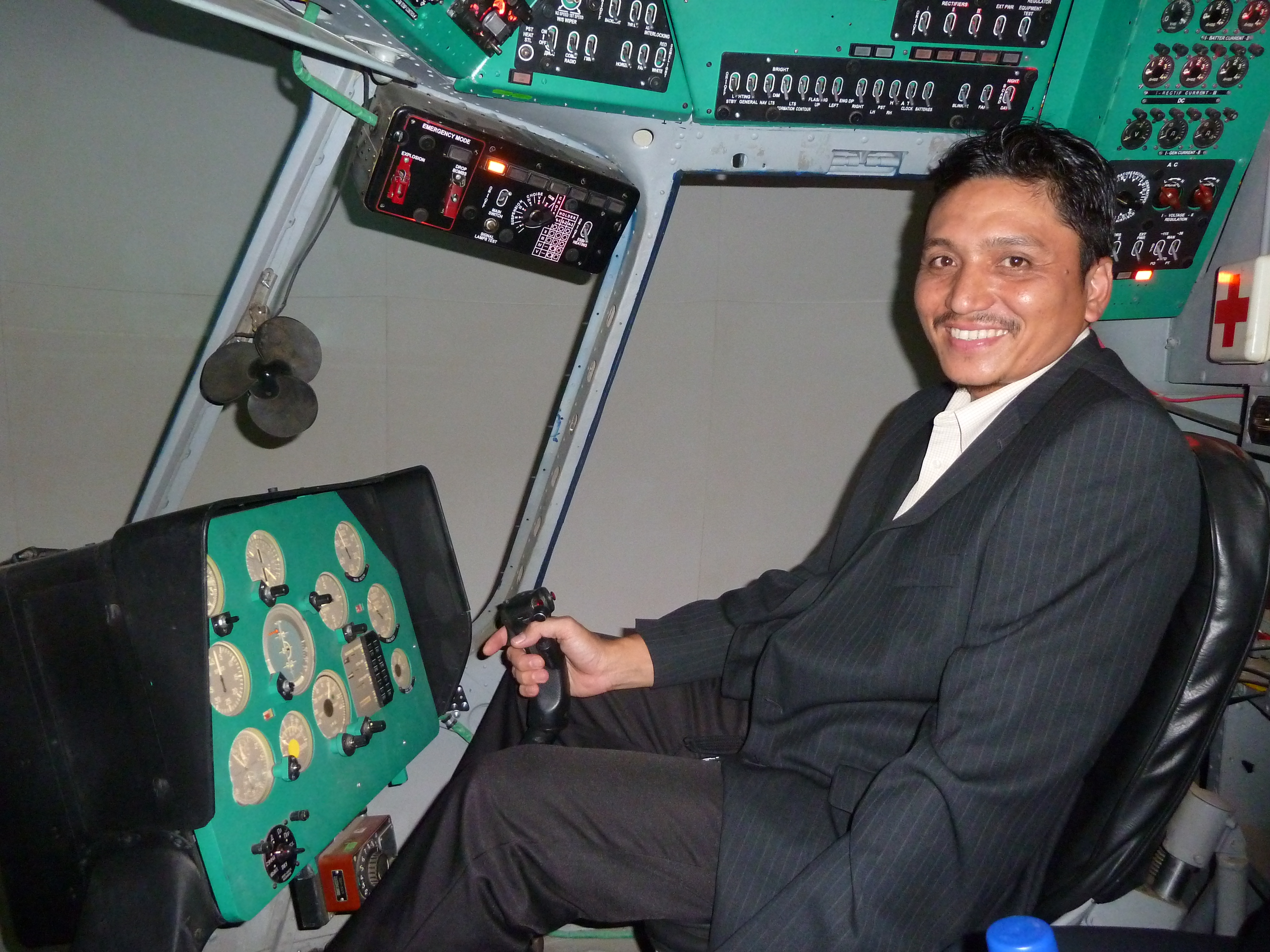Port Dickson, November 7, 2024 – Malaysia has taken a historic leap in renewable energy with the full-scale operation of the world’s first Hybrid Ocean Thermal Energy Conversion (H-OTEC) test facility in Port Dickson. Developed through a collaboration between Japan and Malaysia under the Science and Technology Research Partnership for Sustainable Development Program (SATREPS), this groundbreaking facility is set to revolutionize energy generation in Southeast Asia. The H-OTEC facility, which completed commissioning on October 12, 2024, and was officially handed over on October 18, 2024, is expected to become a central hub for ocean-based energy research in the ASEAN region.
The H-OTEC system harnesses the temperature differences between warm surface seawater and cold deep-sea water to generate clean energy. During its full test, the facility generated 3.2 kW of electricity while also producing desalinated water at a rate of 0.88%. The system operates with a warm seawater flow rate of 31 m³/h at 31.8°C and a cooling water flow rate of 28.5 m³/h at 7.4°C. The working fluid used to drive the turbine is R134a, a refrigerant commonly employed in thermal systems. This innovative approach not only produces electricity but also supports desalination, providing potable water as a byproduct.
H-OTEC represents an advanced version of traditional Ocean Thermal Energy Conversion (OTEC) technology by integrating additional functionalities such as desalination. This multi-use capability makes it particularly valuable for island nations and coastal regions facing water scarcity. The Port Dickson facility is expected to contribute significantly to Malaysia’s blue economy by providing sustainable solutions for energy production, fresh water generation, and even aquaculture using clean deep-sea water.
One of the most exciting aspects of H-OTEC is its potential to produce green hydrogen—a crucial clean energy source for the future. Additionally, the cold deep-sea water used in the process can be applied in low-carbon air conditioning systems, offering up to 90% energy savings compared to conventional methods. This multi-functional approach demonstrates H-OTEC’s versatility in addressing various environmental challenges while fostering economic growth through sustainable practices.
The project has been supported by RM15 million from Japan’s Japan International Cooperation Agency (JICA) and RM6 million from Malaysia’s Ministry of Higher Education. As part of this six-year research collaboration between Japanese universities and Malaysian institutions like Universiti Teknologi Malaysia (UTM) and Universiti Putra Malaysia (UPM), the facility aims to advance ocean thermal energy research in the region. The project also emphasizes human capital development, ensuring that local expertise grows alongside technological advancements.
With this historic achievement, Malaysia is poised to become a global leader in ocean-based renewable energy solutions. The successful operation of the H-OTEC test facility signals a promising future for sustainable energy production, offering hope for island nations and coastal areas worldwide seeking innovative ways to address both energy and environmental challenges.




